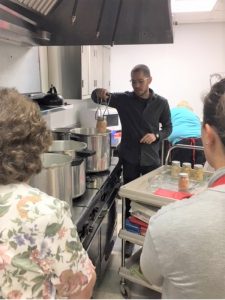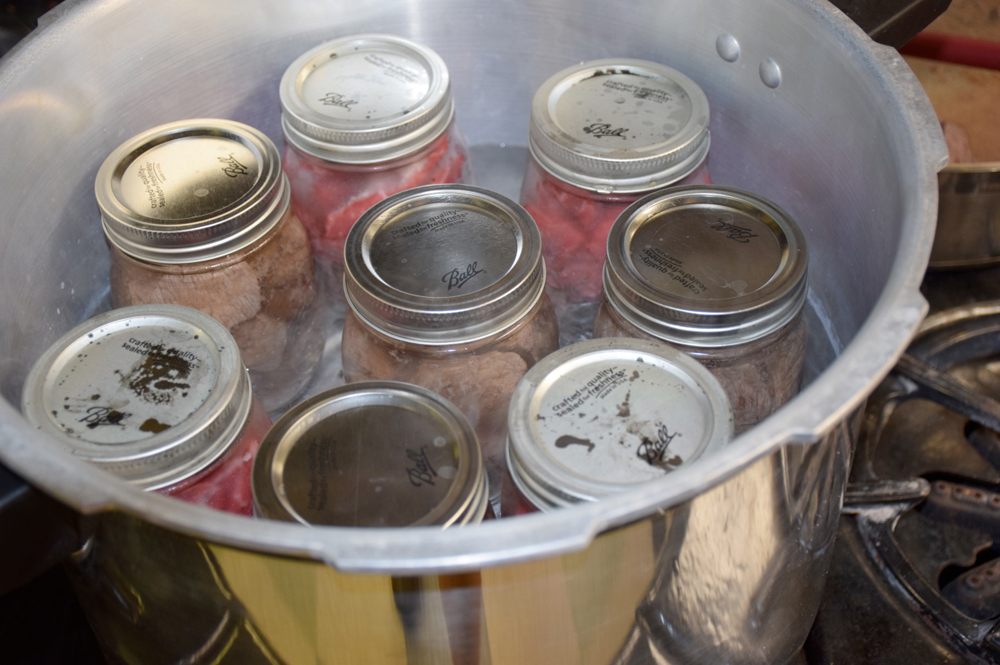Hunting season is upon us … Tips on how to preserve the bounty

Hunting is a time-honored tradition, and many hunters count on their harvest to supplement their family’s winter food supply. Freezing is the most common method of preserving game, but there are other ways to safely preserve the harvest. Meat and poultry can also be preserved by canning or dehydrating, however proper steps and procedures must be followed in order to ensure a safe product.
Proper handling of game from field to kitchen is essential to avoid food-borne illness or outside contamination. Good field practices include wearing gloves when cleaning, dressing, and butchering game animals, as well as washing your hands and tools thoroughly and often. Bacteria grows best at temperatures between 40°F and 140°F, so keeping your meat chilled is essential to reducing exposure to bacteria that could potentially cause illness or spoilage. Refrigerated storage and good cleaning practices are the first step to preserving game safely.
Because meat and poultry are low-acid foods, using a pressure-canner is the only safe method of canning these items. Meat and poultry can be canned either raw or cooked, ground or cut. Prior to canning, the product should be trimmed of excess fat and can be soaked in a brine solution for an hour to reduce some of the gamey flavor. Once the meat is prepared, it can either be packed into jars raw or cooked rare. Processing time in the pressure canner varies according to the size jar that is used – typically it is 75 or 90 minutes of processing time after the canner reaches the desired pressure inside. It is important to follow research-based recipes and procedures for the best quality and safest canned meat. This information can be found through extension university resources, the National Center for Home Food Preservation website, or by calling your local Cornell Cooperative Extension office.
Dehydrating meat by making jerky is another way to preserve the hunt. Poultry does not dehydrate well because of its texture, so jerky is best made with venison or other meats. The current USDA recommendation for safely dehydrating meat is to cook it before drying to a temperature of 160° by either boiling or baking it. The meat can be marinated before pre-cooking to enhance the flavor of the jerky. Meats should be marinated in the refrigerator to remain at safe temperatures, and any unused marinade should be thrown out. After marinating and cooking the prepared meat, it can be dehydrated in a dehydrator, oven, or smoker at a temperature of 140°. The jerky is finished when it cracks but does not break when bent, usually after around five to six hours.
The Master Food Preserver program at Orleans County Cornell Cooperative Extension is available to answer food preservation questions by calling 585-798-4265 or emailing klo54@cornell.edu. The Master Food Preservation volunteer group has offered several Pressure Canning workshops in the past, and will continue to offer them in the future based on public demand. Resources used for this article include the Penn State Extension articles “Let’s Preserve: Meat and Poultry” and “Game Meat Safety,” and the National Center for Home Food Preservation. Both resources are available online and include the most up-to-date and research-based recommendations for home food preserving.
Provided information and photo




